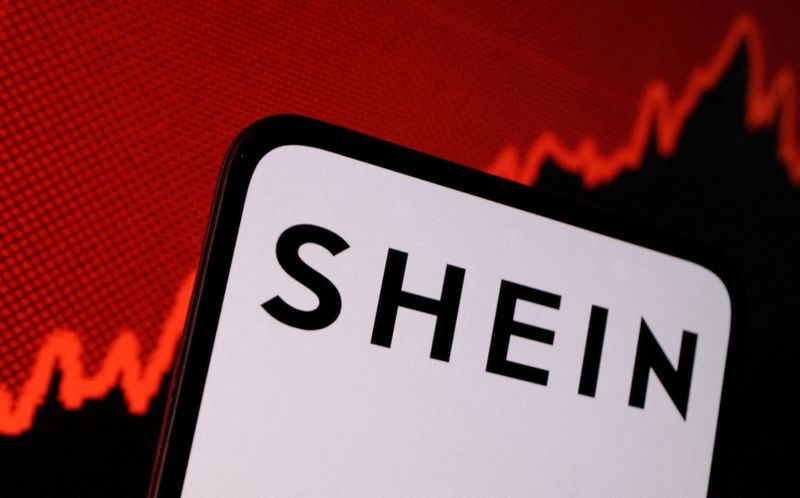As online fast-fashion retailer Shein ramps up its pre-IPO charm offensive in Britain, pushback is growing too from Europe’s retail industry and lawmakers.
As citizens of 27 countries vote in European Union elections, European manufacturers of fabric, clothes, leather goods and shoes this week called on future EU policymakers to protect the 1.5 million jobs in the sector from low-cost products being “dumped” on the market.
With industrial policy a key issue in the election, apparel manufacturers, retailers and e-commerce companies are trying to put cheap clothes, accessories and gadgets from China on the agenda, invoking the same language used by EU officials about Chinese overcapacity in electric vehicles.
The textiles, footwear and leather industries in Europe – home to fast-fashion giants Zara and H&M (ST:HMb), as well as the world’s biggest luxury brands – have a combined annual turnover of more than 200 billion euros ($220 billion).
Ninety-nine percent of companies in the sector are small or medium enterprises, making them vulnerable to “fierce” global competition, the industry groups said in a joint statement.
Poland’s e-commerce association argued in a report that Chinese state subsidies are giving online marketplaces like Shein, which sends $5 T-shirts, $15 jeans and $1 earrings from China directly to customers around the world, an unfair advantage over European rivals.
A Shein spokesperson said: “There is no truth to the allegation that Chinese state subsidies help support SHEIN’s business and its expansion worldwide.”
Most of the products Shein sells are made in southern China but the company has been building a supplier base in Brazil and in Turkey. “We expect our Turkish supply chain partners to increasingly support us in serving the European market,” the spokesperson said.



